For sure, almost every engineer has dreamt of working at NASA at some point of their lives. Who wouldn’t? The National Aeronautics and Space Administration, or popularly known as NASA, an independent agency of the U.S. federal government responsible for the civilian space program, as well as aeronautics and space research. Movies have prominently featured the organization and probably cemented the idea that working here is definitely a cool concept.
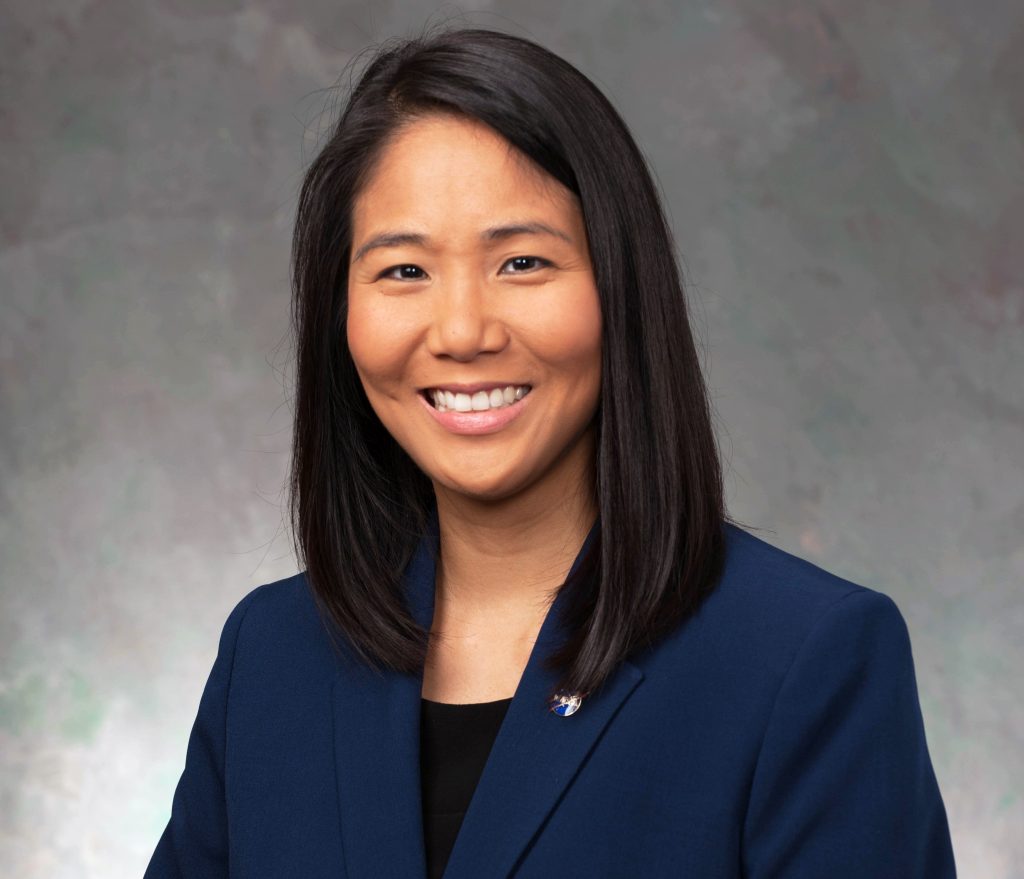
But in reality, even getting an internship at the prestigious organization is already difficult – with high standards in terms of academics, physical traits, intelligence and many other factors being thoroughly considered, only a selected few get to work here. But who would’ve thought that a Filipina student who used to struggle with math landed a job at NASA?
Filipina engineer Josephine Santiago-Bond is now the chief of the agency’s Advanced Engineering Development Branch, where she is responsible for engineering support to research and technology development projects at Kennedy Space Center. Basically, this means that Santiago-Bond is in charge of selecting people that are brilliant enough to work for the National Aeronautics and Space Administration (NASA).
“I’m leading very diverse groups of people to bring their whole selves to work while executing NASA’s mission, which ultimately benefits humankind,”
she explains.
Although her job means that she’s more on the ground compared to the idealized ‘more on space’ work of being a NASA employee, Santiago-Bond mentioned that her role is definitely a very important role in the grand scheme of things. “I get dizzy easily so I feel very contented working with my feet on the ground,” Santiago-Bond quips.
First attending the Philippine Science High School, Santiago-Bond took more units of science and math than the average high school student. Despite this, she still had no intentions of getting an engineering degree until a school friend persuaded her to give it a try. Eventually, she enrolled at the prestigious University of the Philippines where she took up Electronics and Communications Engineering.
This was the time she remarked that math was indeed a struggle, even for her who hailed from PSHS. Math “got exponentially more difficult” as she advanced into the five-year program. “I had to crawl my way through some of the courses, but I wasn’t going to give up on [Electronics and Communications Engineering] because of a few bad grades,” she narrates.
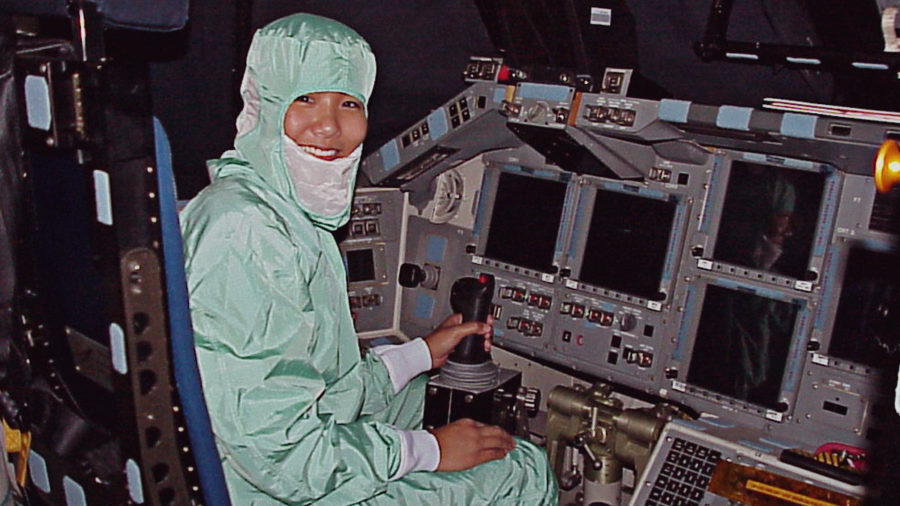
She also recalled her college days as a time of balancing socializing and practicing math and engineering problems. She also mentioned the sleepless nights and strong friendships formed as a result of the struggle she chose to go through.
Eventually, Santiago-Bond got to move to the US and started earning her Master’s Degree in Electrical Engineering from South Dakota State University.
“I had zero knowledge about space shuttles, and did not even know that there was an International Space Station orbiting above us. I was just happy to take a break from South Dakota,”
Santiago-Bond remarked when in 2003, her graduate adviser provided her an opportunity to work at the John F. Kennedy Space Center for a summer.
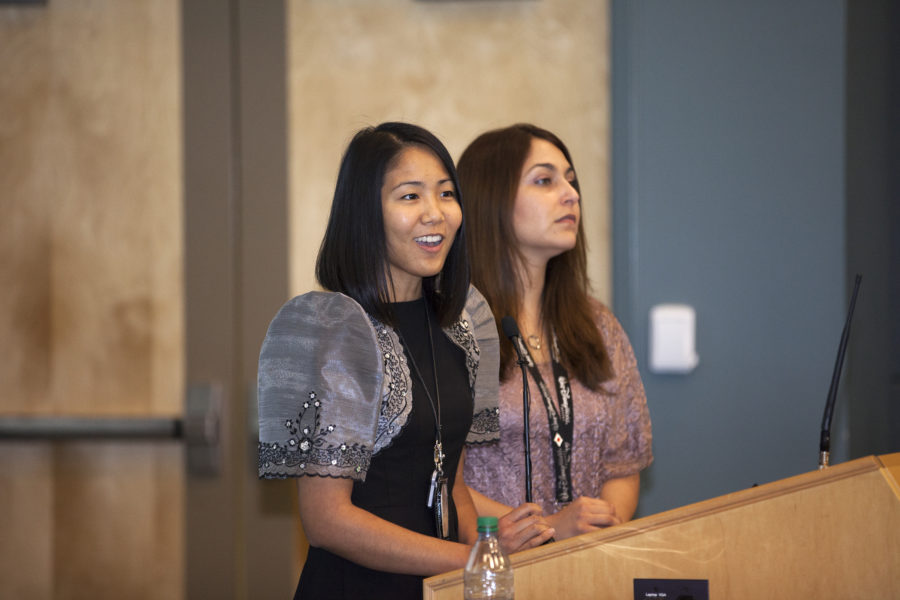
After completing the summer gig, which turned out to be a graduate cooperative internship, in 2005, she was able to take a full-time job at the space center.
Fast forward to now, narrates one challenge about a certain Filipino trait – “the feeling of hiya, which poorly translates to a sense of shame, shyness, and/or embarrassment in the context of what is socially acceptable.” She further explains that what’s often socially acceptable and expected behavior in the U.S. is different from what she was accustomed to in the Philippines.
“With training, coaching and practice, I now feel more comfortable delegating, giving directions, holding my employees accountable for their work, having difficult conversations, and disagreeing with my superiors, if necessary. Even if certain actions are innately uncomfortable for me, I am reminded of my mom telling me that there is no need to feel hiya if I am doing the right thing,”
the chief adds.
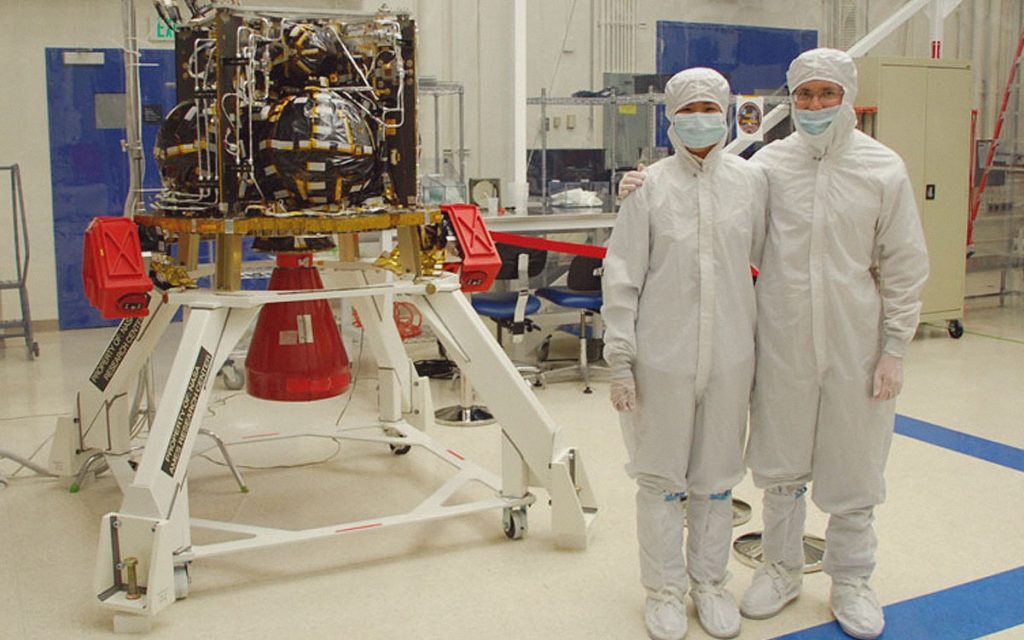
Santiago-Bond remains to be an inspiration for many Filipino engineers as her story of being somewhat lost in her 20s isn’t necessarily a bad thing, as now, she has a job being one step closer to the stars.


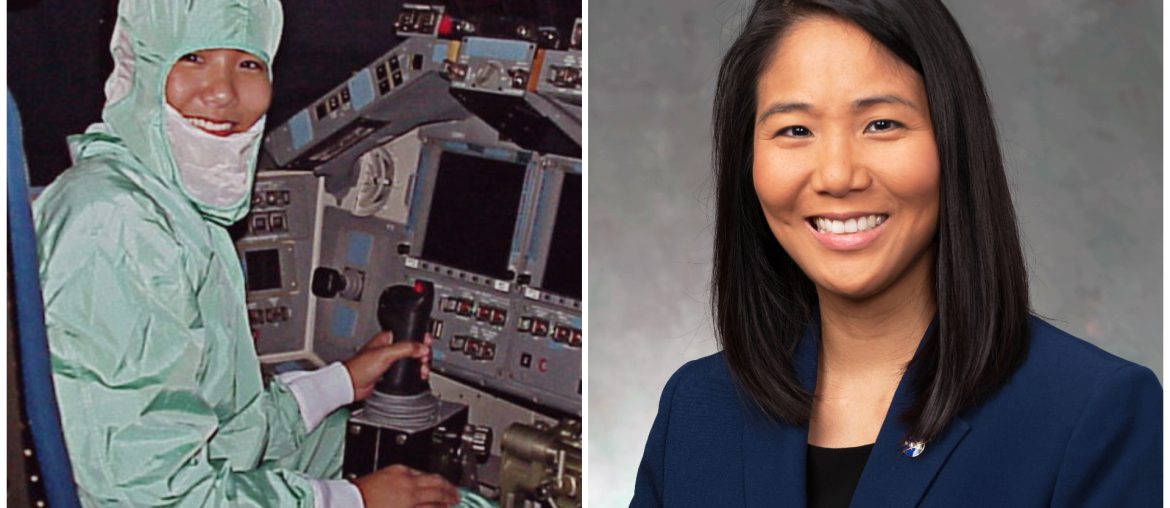
Comments are closed.